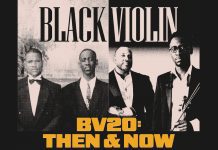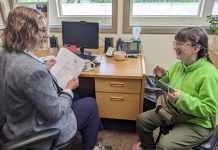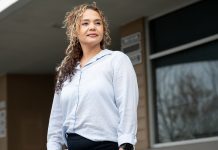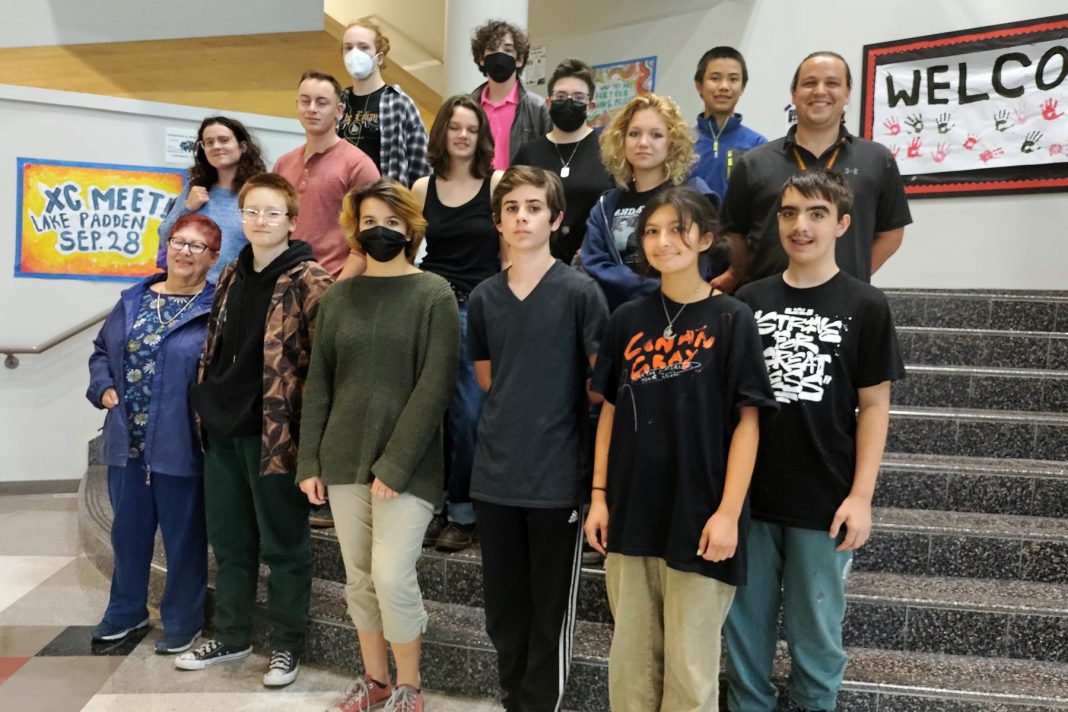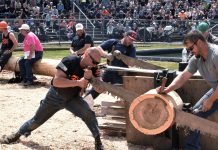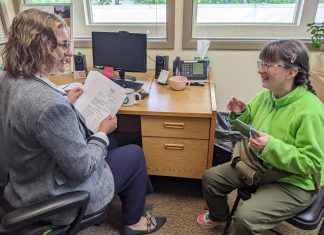Twice a week, a couple hours after classes end for the day, a group of students from around the city make their way into Bellingham High School. They’ve come to learn theory, conduct research, and practice public speaking as members of the Bellingham United Debate Club. And although they don’t receive the same attention as sports teams, they’re certainly also learning to use a specific set of skills — in a highly disciplined way and in a competitive environment.
The team is coached by Nick Phillips, who brings his life-long love of debating to the club. “I was a high school debater in Boise, and I loved it,” he says. “When I came up here for college, I took a step back, because life has a way of getting in the way. Then last January I found out there was an opportunity to work with the team here, and they hired me as the coach.”
For Phillips, the benefits of debate are obvious, and can help enrich a student’s life. “I love the way it challenges kids to think about things in a new way,” Phillips says. “One of the most valuable skills you get from the activity of debate is learning how to think beyond the surface level, on any sort of issue.”
The Bellingham School District doesn’t offer debate as a class or club, as other school districts do, so the Bellingham United Debate Club gathers students from the entire area. “Anyone in secondary school in Bellingham — whether it’s middle school or high school, homeschooling, or private schools — can compete,” Phillips says. “If you are of secondary-school age and live within the Bellingham School District’s operating boundaries, you can participate as Bellingham United.”

Anyone interested in joining the team can find information, and contact the coaches, through their website.
Bellingham’s geography means the team is at the outskirts of the debate landscape, but that doesn’t stop them from taking part in our region’s debate activities.
“For us, basically everything is an away game,” says Phillips. “Oftentimes it involves a hotel stay, so it can be a little bit resource-intensive, and long bus rides can make for long weekends. But there are a ton of schools in the Seattle area that we compete at, and most of the big universities in the state, like UPS, Gonzaga, Seattle U, have tournaments, as well.”
Laura Livingston debated through high school and college and has also coached debate at the high school and college levels. Now she volunteers with Bellingham United to pass on the benefits she received. “The first kid I ever coached from 9th grade to 12th grade was not a particularly good speaker when she joined, but she was ferociously curious,” Livingston says. “She spent the year alternating between debate and soccer, and at the end of the year I thought I would lose her to soccer. When she showed up the next year, she said, ‘All I want to do is debate.’”
Choosing debate over soccer did not mean an end to the drama of competition, or to the thrill of victory.
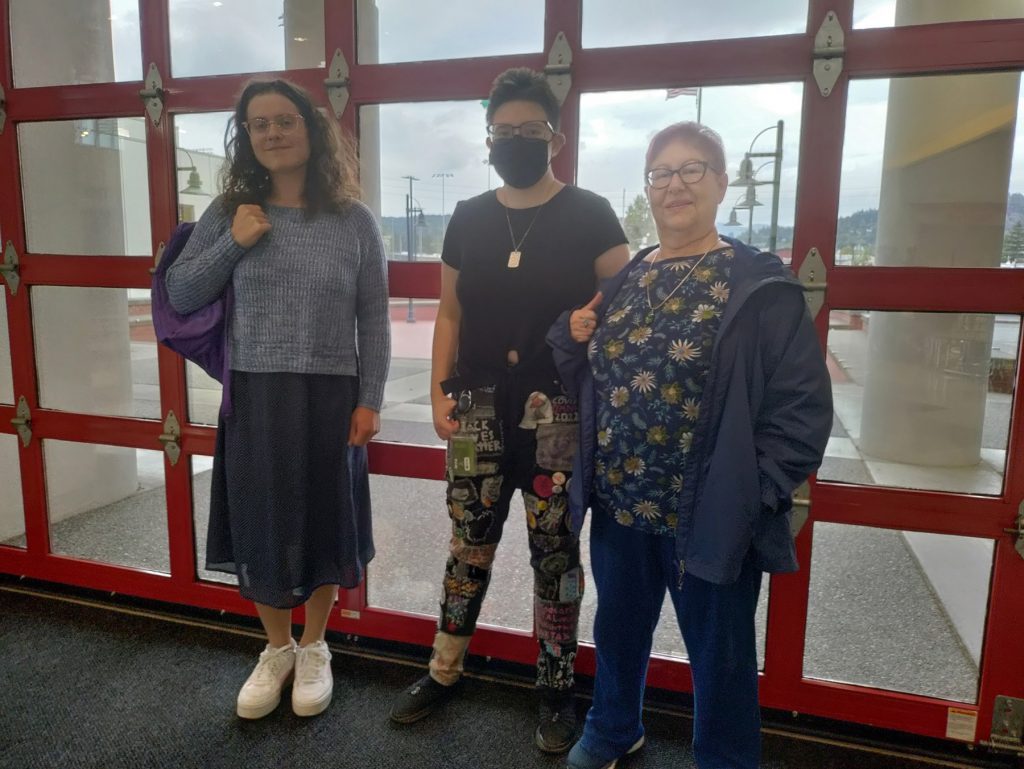
“We were at a tournament in Spokane against a really good team from Idaho, and at the end of the round she was so excited. She said, ‘I don’t even care if I won or lost, it was the best round I’ve debated in my entire life,’” says Livingston. The debaters received three pages of written critique from the judge and were excited to learn all they could from it. “When you say, ‘I don’t even care if I win or lose, I just learned everything in this round’ — that’s what you live for. And they ended up winning the round.”
Student debater Pepper Berry has also seen benefits from participating, saying that debate taught them to overcome obstacles. “I was a super anxious speaker before debate, and I thought that was going to be a big block, Pepper says. “You know, I can’t talk so what would it all really be for? But debate just told me ‘Do it anyway.’ And that’s that.”
Another student, Juan, tells a story that highlights just how agile a debater must become to be successful. “I was a freshman, filling in for a senior, and our opponents were using a strategy they called ‘Holding the Round Hostage,’” he recalls. “They came over and physically interacted with us, taking our paper and our pencils, hiding them. If I remember correctly, they were running a topicality argument on us, saying we were cheating by not adhering to the topic. We ended up winning the round on the basis that, if that were to be our framework, that would be unfair for certain people,” he says.
“When you have several hundred kids who are all there for the same reason — and coaches — and you’re all hyped up, there’s a buzz and an energy in that atmosphere,” Phillips says of debate tournament. “Given that everything had to be online last year, I can only imagine how much fun it will be [this year] from the coaches’ side.”












